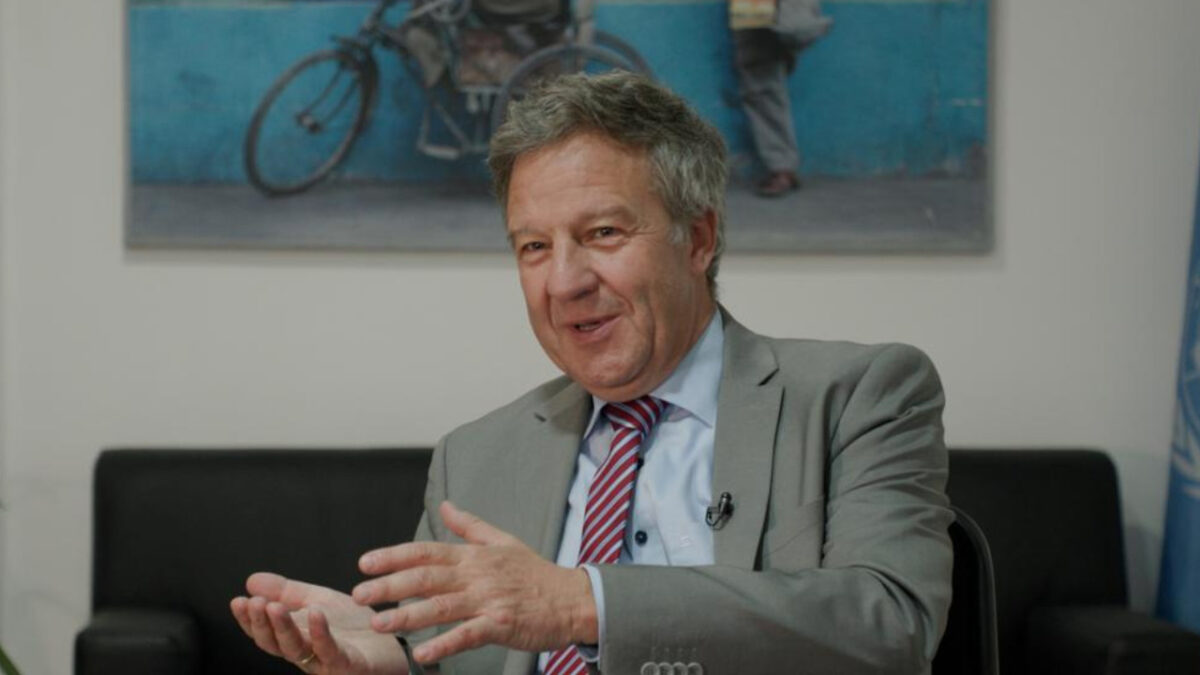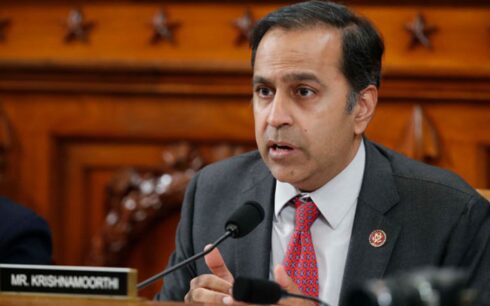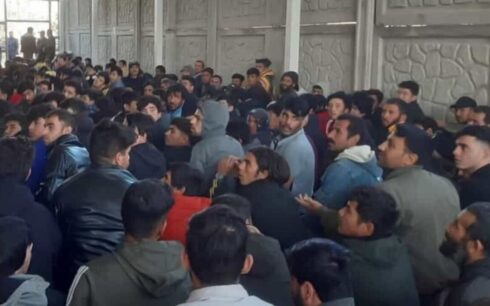In an exclusive interview with UN News in Kabul, Markus Potzel, the Deputy Special Representative for the UN Assistance Mission in Afghanistan (UNAMA), emphasized the critical need for international cooperation to address the challenges faced by Afghanistan. Potzel highlighted the UN’s role as a “bridge builder” in the country, aiming to combat drug abuse, restore basic rights, and promote the education of women and girls.
Potzel acknowledged the Taliban’s efforts to ban poppy cultivation and trafficking, which has resulted in a decline in opium production. However, he called on the Taliban to allocate more funding to drug rehabilitation centers, emphasizing the importance of international support in this endeavor. Potzel also urged the international community to provide livelihood support, as drug abuse and trafficking impact not only Afghanistan but also donor countries in the West and regional nations.
When asked about dealing with the Taliban, considered an illegitimate authority by many, Potzel explained that the UNAMA’s mandate encourages interaction with all political interlocutors, including the Taliban. He noted that the Taliban’s control over most of the country provides an opportunity for them to stabilize and pacify Afghanistan. However, he also emphasized the responsibility of the Taliban to provide good governance and uphold the rule of law, areas where deficits are observed. Potzel highlighted the UN’s role as the eyes and ears of the international community in Afghanistan, acting as a bridge builder and conveying messages to and from the outside world.
Regarding the ban on women and girls’ education, Potzel stressed that there can be no middle ground on this issue. He called for the reversal of decrees that prevent girls from going to school beyond grade six or attending university. Potzel expressed confidence that most Afghans, including the Taliban, are against these decrees and in favor of girls’ education. He called on the Taliban to revoke the ban as soon as possible, highlighting the detrimental impact on economic progress and the need for girls and women to have a say in Afghan society.
When questioned about the reasons for implementing the ban despite opposition from the majority of Afghans, Potzel stated that the Taliban’s arguments mix religious and cultural narratives. He refuted religious justifications, citing that Muslim countries around the world do not impose such bans, and emphasized that the Quran encourages education for all. On the cultural front, Potzel highlighted the historical tradition of both girls and boys receiving an education under the Republic.
Potzel mentioned that Muslim countries have cooperated in delivering the message to the Taliban, with a delegation from the Organization of Islamic Cooperation (OIC) visiting Afghanistan to emphasize the importance of education in Islam. He expressed hope that these efforts, supported by scholars from Muslim nations, would ultimately yield positive results.
Regarding the UN’s work in Afghanistan, Potzel identified Daesh (the Islamic State of Khorasan Province) as the biggest security threat since the political change. He also highlighted the difficulties caused by the ban on Afghan women working for NGOs and the UN. Women play a crucial role in aid organizations, and without their participation, fewer people can access essential assistance. Potzel called for the Taliban to allow women to work for international and national NGOs, participate in social life, and contribute to UN organizations.
In conclusion, Potzel conveyed a message to the Taliban, urging them to reverse the ban on girls’ education and promote women’s participation in society. He emphasized that such actions would lead to Afghanistan’s reintegration into the international community and prompt international donors to reinforce their engagement with the country. Potzel underscored the UN’s commitment to helping Afghanistan help itself, but stressed that international support is crucial for the nation





